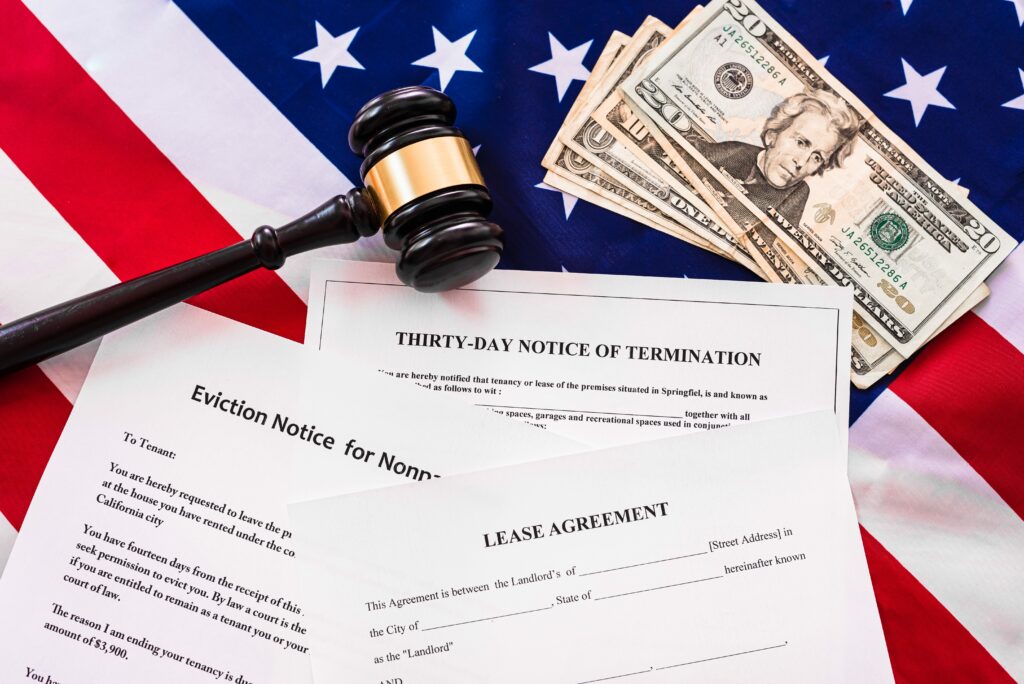
If you’ve taken out a reverse mortgage, but can’t make your payments and are facing foreclosure, don’t panic. There are steps you can take to prevent foreclosure and protect your home. Read on to learn how to stop foreclosure on a reverse mortgage, and how to manage the foreclosure process in VA with the help of an experienced attorney.
Reverse Mortgages Explained
Essentially, a reverse mortgage is a loan that enables homeowners over 62 to access the equity in their home. The loan does not need to be repaid until the homeowner moves out or passes away. During that time, the lender collects interest on the loan, and the borrower is responsible for paying mortgage insurance premiums and taxes.
The Steps Taken During a Reverse Mortgage Foreclosure Process
The foreclosure process for a reverse mortgage is similar to that of a regular mortgage, with a few differences. The lender must prove that the homeowner has defaulted on the loan, and then file a foreclosure notice with the government. The lender will then send a notice to the homeowner’s last known address, which gives the homeowner the chance to contest the foreclosure.
Factors That Might Affect a Foreclosure for Your Reverse Mortgage
If the homeowner fails to make payments on the reverse mortgage, the lender may take steps to foreclose on the property. This could be due to missed payments, failure to maintain the home or failure to pay property taxes and insurance.
Tips for Avoiding Reverse Mortgage Foreclosure on Your Home
The best way to avoid foreclosure on a reverse mortgage is to stay on top of your payments. If you are unable to make your payments, consider speaking to your lender to see if they can offer you any assistance. You may also be eligible for a loan modification or other foreclosure prevention program. Full communication with loan officers and creditors is essential to this process and will help show good faith throughout the process.
Bonus Tips for Avoiding Foreclosure with an Experienced Attorney
If you cannot afford to make your payments and your lender is unwilling to work with you, you may consider filing for bankruptcy or selling the home. You can also reach out to a HUD-approved housing counseling agency to discuss your options. If you are facing foreclosure, it is important to contact an experienced attorney who can help you navigate the process.
Get Help Navigating the Foreclosure Process in VA With the Help of The Law Offices of Robert S. Brandt
If you are facing foreclosure on your reverse mortgage, contact The Law Offices of Robert S. Brandt today. Our experienced team of attorneys can help you understand your options and protect your rights throughout the foreclosure process. No matter what the situation is, we are here to help. Schedule a consultation today to learn more.
